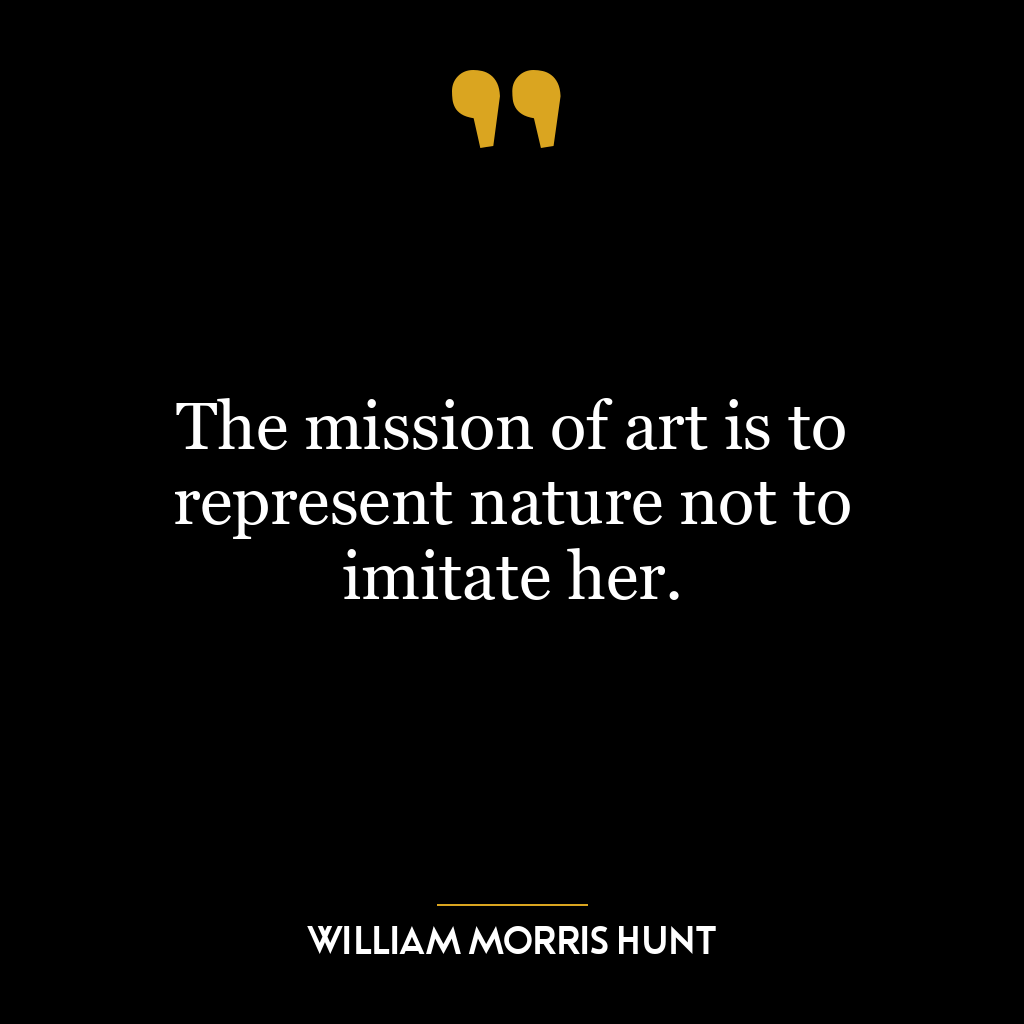This quote is a metaphorical representation of the relationship between a person’s character and their inherent nature. The "mercury of man" refers to the essence or core of a person, a fluid and volatile substance that, once fixed or stabilized, becomes a person’s character. The second part of the quote, "Strong grows the virtue with his nature mix’d," suggests that the strength of a person’s virtue or moral character grows in direct proportion to how well it is integrated with their inherent nature.
In simpler terms, this quote is saying that a person’s character is solidified by their nature, and their virtues become stronger when they are in harmony with their true self. It emphasizes the importance of authenticity and staying true to one’s nature. In the process of personal development, it suggests that rather than trying to change or suppress our inherent nature, we should aim to understand and embrace it. By doing so, our virtues – our positive and morally good qualities – will become stronger.
In today’s world, this idea is highly relevant. In an era where societal pressures and expectations can often push us to conform and suppress our true selves, this quote serves as a reminder of the importance of authenticity. It suggests that personal growth and development don’t come from changing who we are, but from understanding and embracing our true nature.
In the context of personal development, this quote can be applied in many ways. For example, in the pursuit of self-improvement, one might be tempted to adopt habits or behaviors that don’t align with their true nature. However, according to this quote, such attempts might not only be futile but also counterproductive. Instead, one should strive to cultivate virtues that are in harmony with their inherent nature, as this is the path to genuine personal growth and development.
In the context of leadership, this quote suggests that effective leaders are those who lead with authenticity, who are true to their nature and whose virtues are a reflection of their true selves. They don’t try to adopt a leadership style that doesn’t align with their nature, but instead, they lead in a way that is true to who they are.
In conclusion, this quote is a powerful reminder of the importance of authenticity in personal development and leadership. It suggests that our virtues grow stronger when they are in harmony with our true nature, and that the path to personal growth and effective leadership lies in understanding and embracing our inherent nature.















